Yandaro is situated in the valley of a river where, many years ago, farmers would take herds of cattle to be washed. Washing so many cattle often took multiple days, so beehive-shaped houses were built along the river for shelter. These houses were called indaro, the Kirundi word for "lodging," and gave the Yandaro River its name.
Coffee production in Burundi happens on an incredibly small scale. Most farmers cultivate less than a hectare of land and deliver their coffee on foot or bicycle to a local washing station. Washing stations serve an important purpose in purchasing these tiny volumes of coffee and transforming them into a more homogenous, exportable product. In practice, it is impossible to deliver a single-producer lot, so washing stations rely on meticulous sorting and grading to build unique lots of different qualities. The "top lots" represent the ripest, densest fruits, but perhaps the labor of hundreds or thousands of individuals.
At Yandaro, coffee is mechanically depulped, then fermented for 12 hours without the addition of water. Afterwards it is moved to an elongated washing channel which contains wooden slats at regular intervals. As water fills the channel, the densest coffee sinks to the bottom, and the least dense coffee floats over the slats into the next section, separating the coffee quickly and efficiently into five quality tiers. Then, it is moved to raised mesh platforms where it dries in 12-28 days.
Yandaro is operated by Greenco, our export partners in Burundi. Greenco is a privately held company which puts them in direct competition with the many government-held washing stations in Burundi. Historically Burundi has vacillated between the nationalization and privatization of its coffee sector, but the gradual shift towards privatization in the last two decades has created new opportunities for us to commit to doing business with individual washing stations.
This year and last, we've partnered with Greenco, Sucafina, and the Kawahatu Foundation to commit a portion of what we paid for this coffee to support Greenco's "livestock project," which distributes livestock (usually goats) to member farmers.
For each livestock chain, groups of 30 farmers are given 10 females and a male plus animal husbandry education. Farmers distribute offspring among the group until every recipient member is capable of breeding their own. This provides additional sources of food and fertilizer as well as a source of potential cash income that is diversified from coffee. This generates additional income equivalent to $60-70 USD every six months per farmer—competitive annually with a farmer's earnings from coffee—that compounds over time in a virtuous cycle as more livestock are bred.
The livestock project is meant to address an issue with traditional premiums: due to the scale and structure of coffee production here, it is difficult for specialty buyers like Partners to find practical and effective ways to pay better farmgate prices. Bonuses paid in-kind help circumnavigate this issue, ensuring a tangible benefit to individual farmers. I was thrilled to meet a beneficiary of the project on my recent trip to Burundi and to learn that the project is very popular among Greenco's member farmers.
Coffee production in Burundi happens on an incredibly small scale. Most farmers cultivate less than a hectare of land and deliver their coffee on foot or bicycle to a local washing station. Washing stations serve an important purpose in purchasing these tiny volumes of coffee and transforming them into a more homogenous, exportable product. In practice, it is impossible to deliver a single-producer lot, so washing stations rely on meticulous sorting and grading to build unique lots of different qualities. The "top lots" represent the ripest, densest fruits, but perhaps the labor of hundreds or thousands of individuals.
At Yandaro, coffee is mechanically depulped, then fermented for 12 hours without the addition of water. Afterwards it is moved to an elongated washing channel which contains wooden slats at regular intervals. As water fills the channel, the densest coffee sinks to the bottom, and the least dense coffee floats over the slats into the next section, separating the coffee quickly and efficiently into five quality tiers. Then, it is moved to raised mesh platforms where it dries in 12-28 days.
Yandaro is operated by Greenco, our export partners in Burundi. Greenco is a privately held company which puts them in direct competition with the many government-held washing stations in Burundi. Historically Burundi has vacillated between the nationalization and privatization of its coffee sector, but the gradual shift towards privatization in the last two decades has created new opportunities for us to commit to doing business with individual washing stations.
This year and last, we've partnered with Greenco, Sucafina, and the Kawahatu Foundation to commit a portion of what we paid for this coffee to support Greenco's "livestock project," which distributes livestock (usually goats) to member farmers.
For each livestock chain, groups of 30 farmers are given 10 females and a male plus animal husbandry education. Farmers distribute offspring among the group until every recipient member is capable of breeding their own. This provides additional sources of food and fertilizer as well as a source of potential cash income that is diversified from coffee. This generates additional income equivalent to $60-70 USD every six months per farmer—competitive annually with a farmer's earnings from coffee—that compounds over time in a virtuous cycle as more livestock are bred.
The livestock project is meant to address an issue with traditional premiums: due to the scale and structure of coffee production here, it is difficult for specialty buyers like Partners to find practical and effective ways to pay better farmgate prices. Bonuses paid in-kind help circumnavigate this issue, ensuring a tangible benefit to individual farmers. I was thrilled to meet a beneficiary of the project on my recent trip to Burundi and to learn that the project is very popular among Greenco's member farmers.
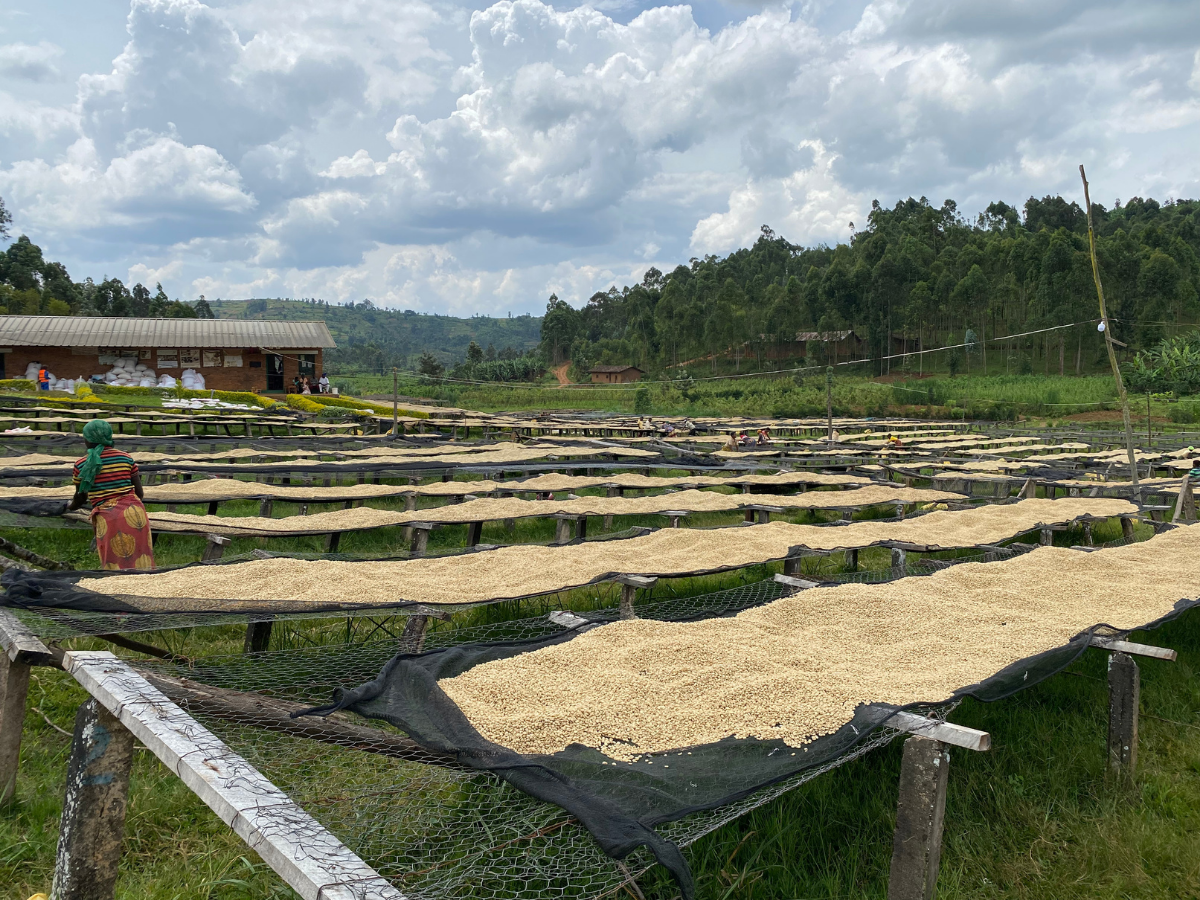
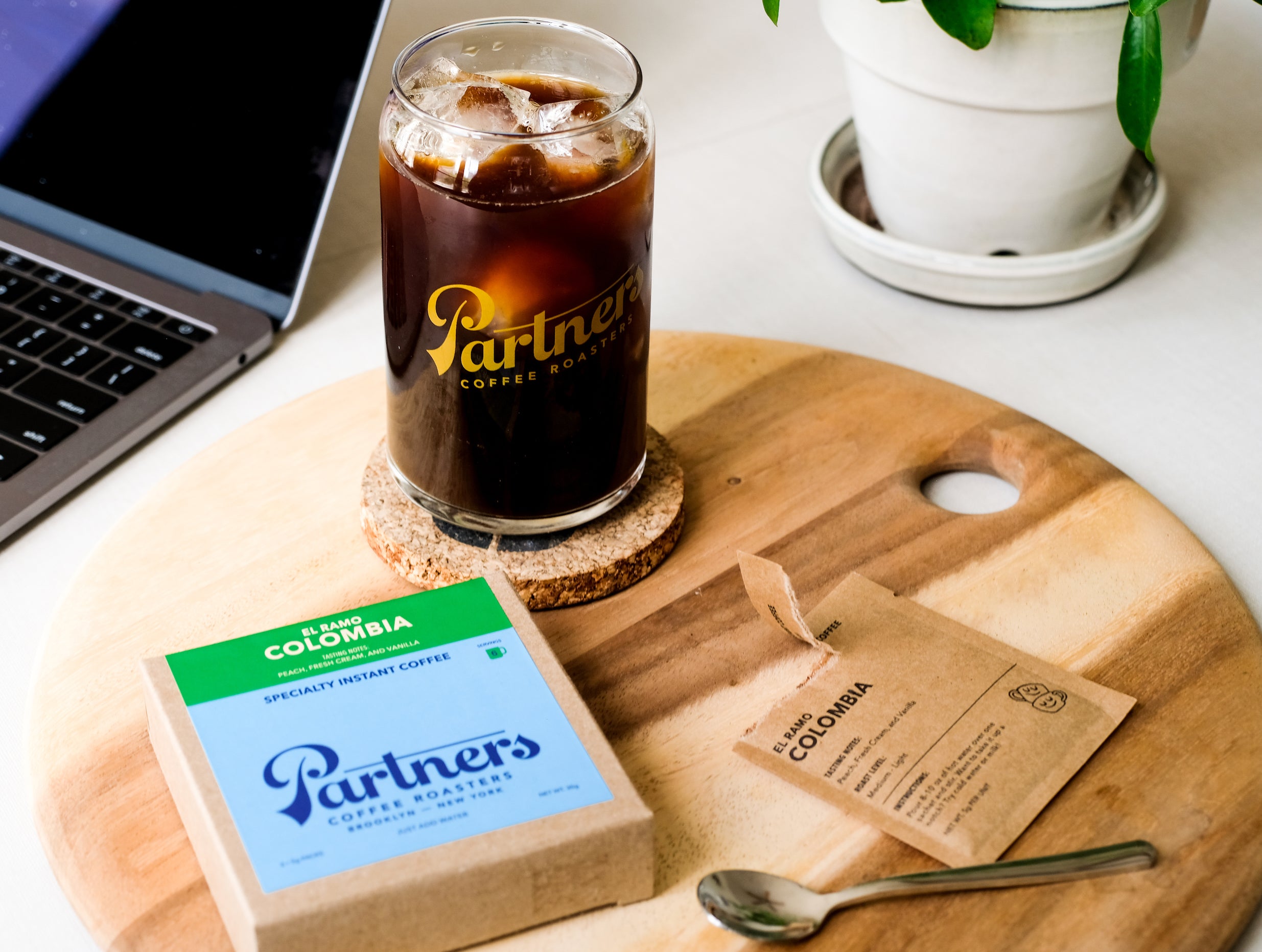
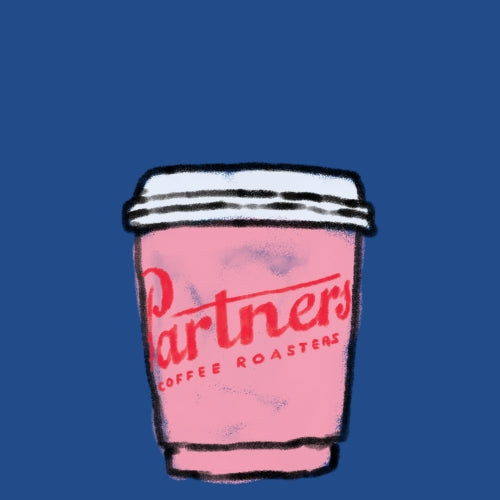
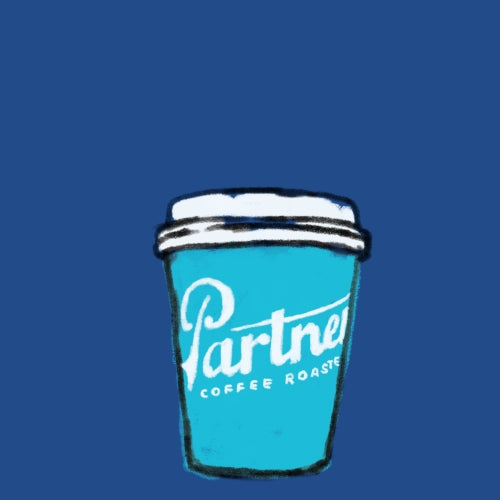
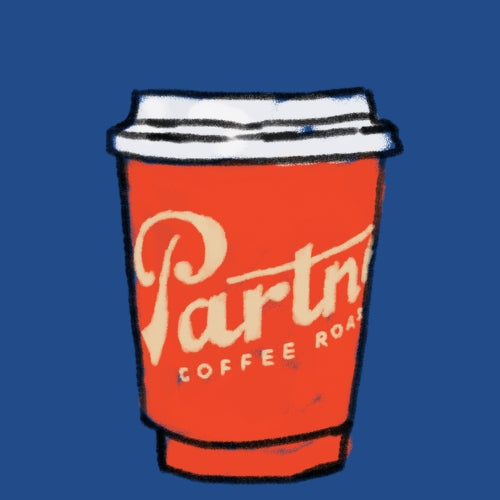
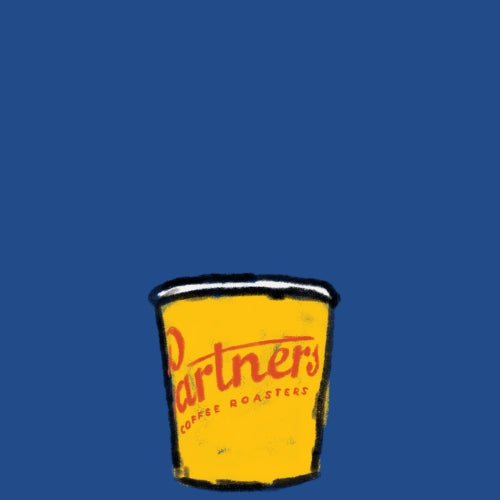
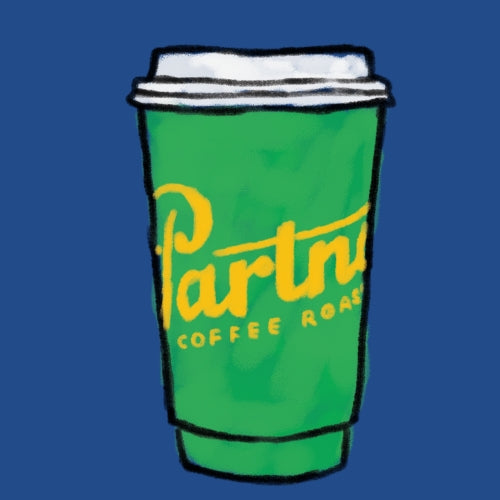
Leave a comment
This site is protected by hCaptcha and the hCaptcha Privacy Policy and Terms of Service apply.